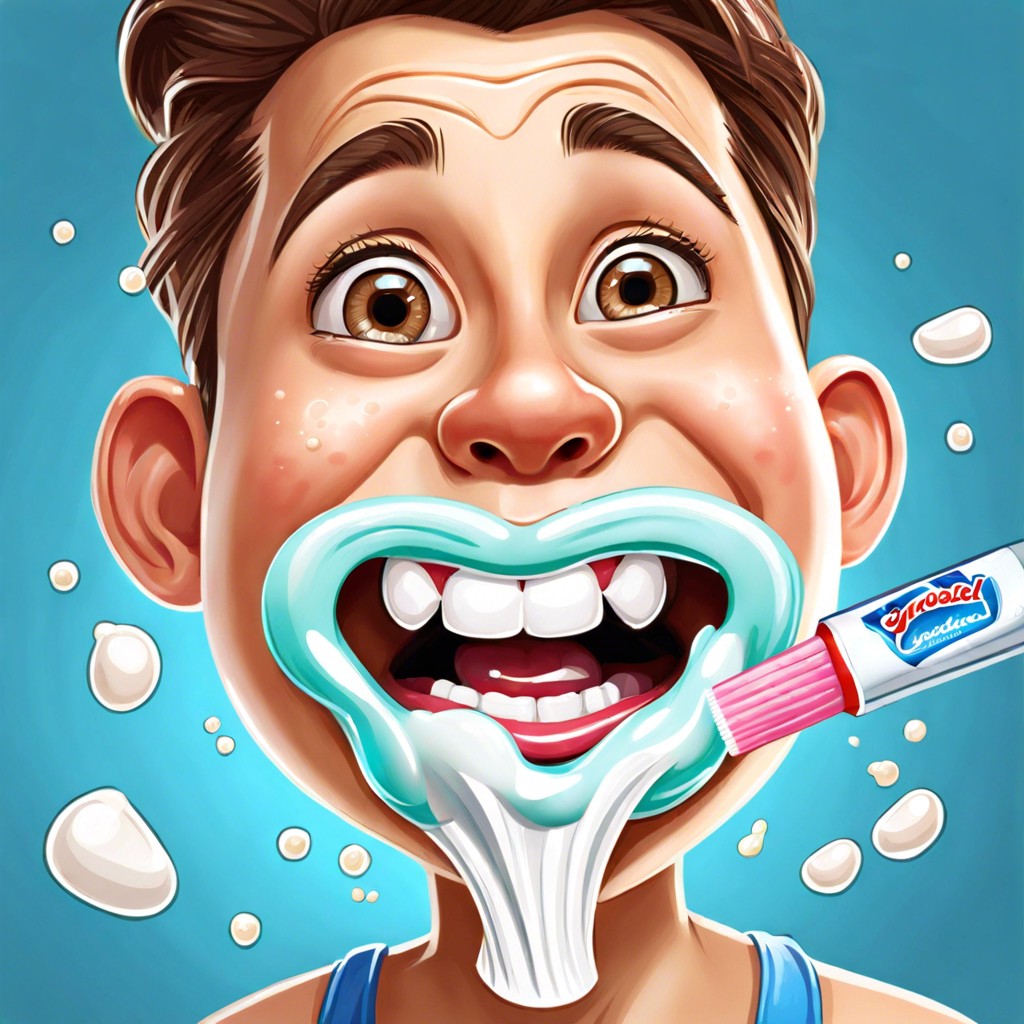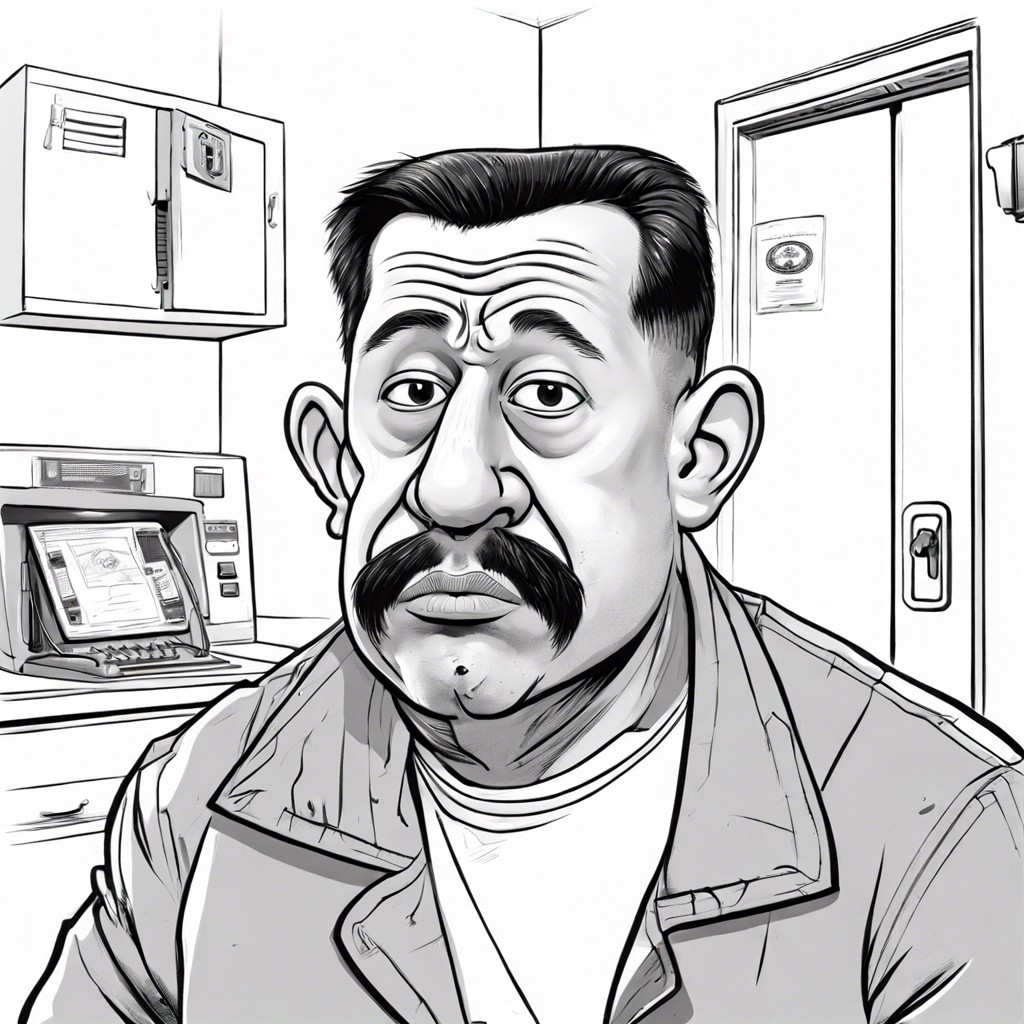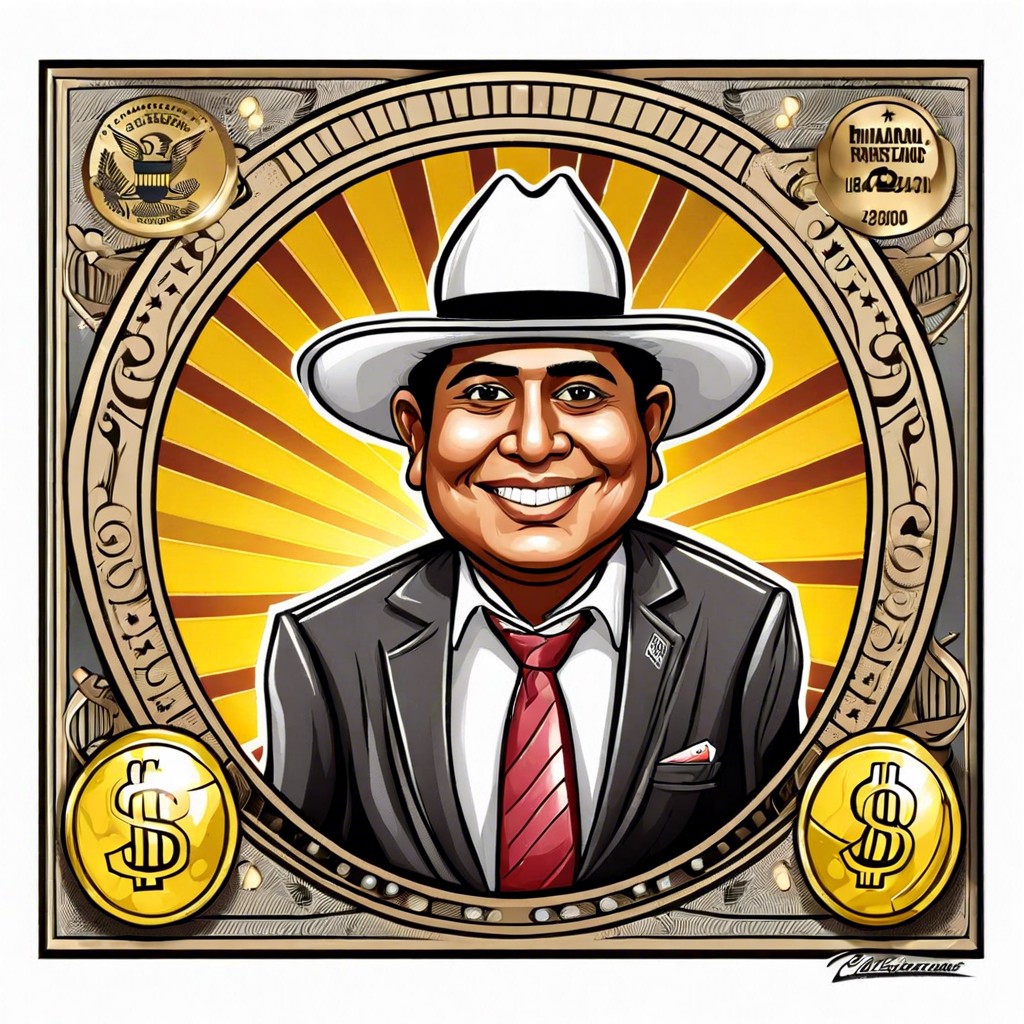Swallowing toothpaste is generally harmless in small amounts but can cause stomach upset or other issues if ingested in larger quantities, which we will explain further.
Ever wondered what happens if toothpaste skips the teeth and goes straight to the tummy? Fear not, curious soul! This isn’t about turning your stomach into a minty fresh battleground. We’re diving into immediate effects, key ingredients, short-term and long-term consequences, and when to holler for help. Stick around, we’ve got the gritty—or shall we say minty—details covered!
Key takeaways:
- Swallowing small amounts is generally harmless.
- Key ingredients can cause stomach upset.
- Short-term concerns include nausea and vomiting.
- Long-term risks include fluorosis and digestive issues.
- Seek medical help for severe symptoms or in children.
Immediate Effects

You might notice an unpleasant taste right away. Toothpaste is meant for teeth, not taste buds. Then there’s the mild stomach upset. Your digestive system isn’t a fan of fluoride and other ingredients. You could experience nausea or even a bit of vomiting, especially if you’ve ingested a larger amount.
For many, swallowing a small amount, like what remains after a good brush, won’t cause serious issues. It’s the larger gulps (looking at you, curious kids) that lead to trouble. In young children, even a little too much can mean a call to poison control. So, avoid turning that minty fresh into a minty mess.
Key Ingredients and Their Impact
Fluoride is the star ingredient in most toothpastes. It fights cavities like a pro. But gulping down too much of it can give you a stomachache that feels like you just ate gym socks.
Sodium lauryl sulfate is there for the frothy bubbles. Ingesting it can lead to a bit of nausea, similar to the regret you feel after binge-watching reality TV.
Sweeteners like sorbitol and saccharin make the paste taste less like soap. However, gobbling them up could cause some delightful bloating and gas. Excellent for impressing dinner guests.
Triclosan, found in some toothpaste, fights bacteria in your mouth. Consumed in large amounts, though, it might wrestle with your gut bacteria too, causing digestive havoc.
Humectants, like glycerol, keep toothpaste moist. Much like slurping down a bottle of maple syrup, they aren’t toxic, but they sure can make your tummy do a somersault.
Short-Term Health Concerns
Uh-oh! So you’ve accidentally swallowed toothpaste? No need to panic, but there are a few things you might want to know.
The most immediate concern is an upset stomach. That minty-fresh sensation might not feel as great in your belly. Nausea and a bit of vomiting can often follow. It’s your body’s way of saying, “Hey, we don’t do toothpaste for dinner here!”
Another hiccup is diarrhea. Yep, your digestive system might decide to fast-track the whole thing out.
You might also experience some mild abdominal pain or cramps. Nothing to write home about, but certainly enough to make you rethink that second squeeze from the tube.
While swallowing small amounts once in a blue moon is generally okay, chugging it like a smoothie could lead to more pronounced symptoms, partly because of fluoride. And just between us, too much fluoride isn’t your friend.
So, while you might temporarily feel a bit queasy and wonder if your stomach suddenly turned into an amateur magician, remember these quirky tummy troubles are usually short-lived.
Long-Term Potential Consequences
Alright, let’s dive into the future of toothpaste gulping.
Firstly, fluoride—our friendly neighborhood cavity fighter—can become a villain over time. Chronic ingestion can lead to a condition called fluorosis. It’s like a not-so-flashy tattoo for your teeth, causing streaks or spots that are hard to miss.
Then there’s sorbitol. Your body looks at this sweetener and says, “What even is this?” Consistent swallowing might send your digestive system on a roller coaster ride, complete with bloating and diarrhea. Not the kind of thrill anyone signs up for.
Also, some toothpaste contains triclosan, an ingredient with questionable street cred. Long-term exposure is being studied for links to antibiotic resistance and impacts on our hormonal balance. Yikes!
Let’s not forget the humble abrasives—those tiny scrubbers meant for your teeth, not your insides. They can lead to gastrointestinal irritation if they keep being on your menu.
Remember, toothpaste is best left swirling around your mouth, not your gut!
When to Seek Medical Attention
So, you’ve just swallowed a hefty glob of toothpaste, and now your stomach’s doing acrobatics. Here’s when to consider dialing up a healthcare pro:
- If nausea keeps knocking on your door like an uninvited guest at a dinner party.
- You’re vomiting more than a teenager on their first roller coaster ride.
- Dizziness that feels like you’ve entered a low-budget virtual reality game.
- Breathing issues, because toothpaste should freshen your breath, not take it away.
For kids, erring on the side of caution is smart. They’re smaller and can react more intensely. If they show any unusual symptoms after a toothpaste feast, don’t hesitate to consult a doctor.




